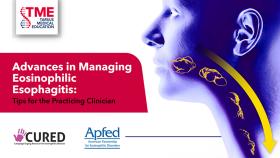
Advances in Managing Eosinophilic Esophagitis: Tips for the Practicing Clinician
Eosinophilic esophagitis (EoE), a chronic, debilitating illness that is mediated via cells of the immune system (eosinophils) eliciting T-helper 2 (Th2) cell mediated inflammation, affects several people globally and imparts significant impact on the quality of life (QoL) of the affected patient population. Advanced disease can lead to esophageal tissue remodeling and dysfunction, underscoring the importance of prompt diagnosis. However, evidence suggests delayed diagnosis for EoE occurs frequently. Moreover, the current treatments utilized for EoE management are ineffective in eliminating disease-related symptoms, however, new indications and investigational agents continue to emerge.
Held in partnership with the Campaign Urging Research for Eosinophilic Disease (CURED) and the American Partnership for Eosinophilic Disorders (APFED), this discussion-based webcast, developed from a live Q&A webinar with the experts, serves to address these unmet needs by answering clinicians' questions regarding appropriate diagnosis and treatment selection strategies for EoE.
Target Audience
This activity is intended for physicians who care for patients with eosinophilic esophagitis (EoE).
Learning Objectives
- Identify disease related symptoms/signs of EoE for prompt diagnosis
- Discuss the clinical data of current and emerging agents for the treatment of EoE
- Develop a strategy for patient-centered treatment selection that considers all aspects of disease burden
- Expert Q&A Discussion: Pearls for Diagnosing and Treating EoE (30 mins)
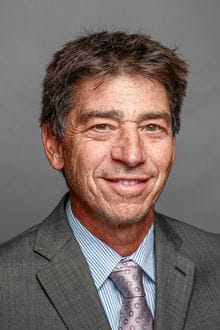
Marc Rothenberg, MD, PhD
Director, Division of Allergy and Immunology
Director, Cincinnati Center for Eosinophilic Disorders
Professor, UC Department of Pediatrics
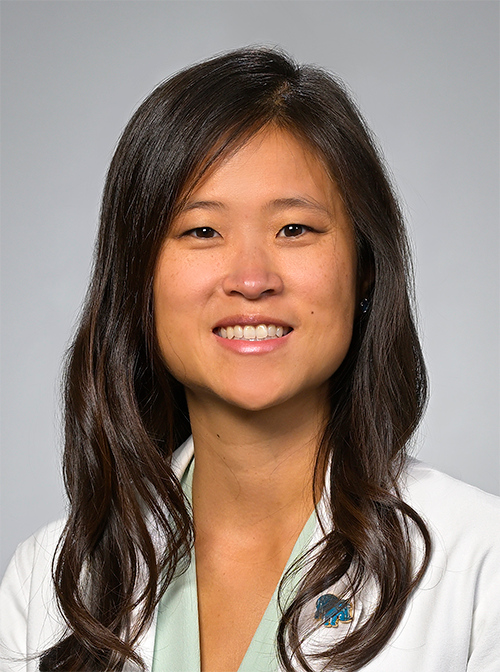
Kristle Lynch, MD
Associate Professor of Medicine
University of Pennsylvania
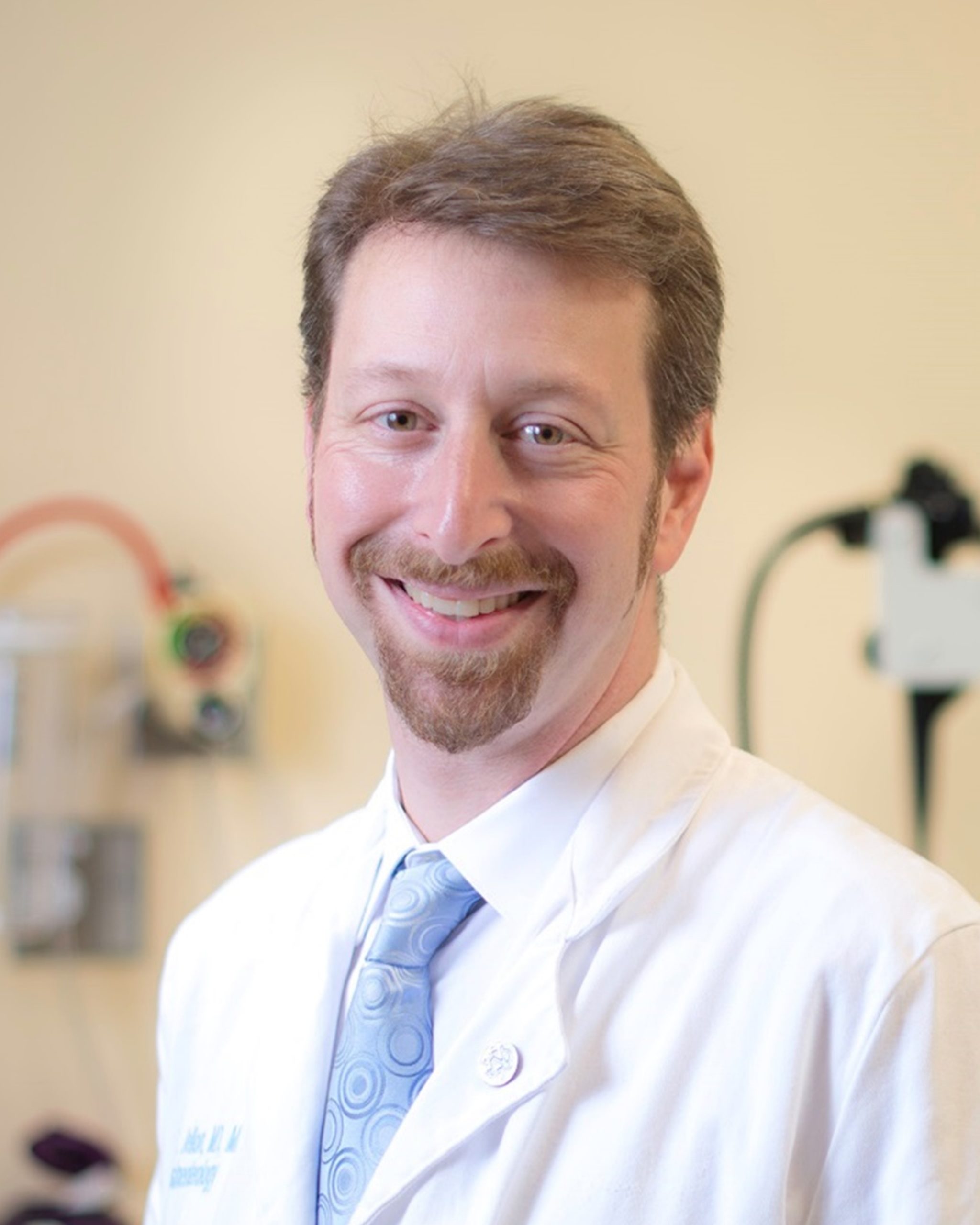
Evan Dellon, MD, MPH, FACG
Professor
Dept. of Medicine, Division of Gastroenterology and Hepatology
Adjunct Professor of Epidemiology
Director, CGIBD Biostatistics and Clinical Research Core
Director, Center for Esophageal Diseases and Swallowing
School of Medicine
University of North Carolina at Chapel Hill
This activity is jointly provided by Partners for Advancing Clinical Education (PACE) and Tarsus Medical Education LLC.
Joint Accreditation Statement
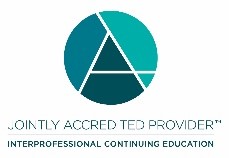 In support of improving patient care, this activity has been planned and implemented by Partners for Advancing Clinical Education (PACE) and Tarsus Medical Education LLC. PACE is jointly accredited by the Accreditation Council for Continuing Medical Education (ACCME), the Accreditation Council for Pharmacy Education (ACPE), and the American Nurses Credentialing Center (ANCC), to provide continuing education for the healthcare team.
In support of improving patient care, this activity has been planned and implemented by Partners for Advancing Clinical Education (PACE) and Tarsus Medical Education LLC. PACE is jointly accredited by the Accreditation Council for Continuing Medical Education (ACCME), the Accreditation Council for Pharmacy Education (ACPE), and the American Nurses Credentialing Center (ANCC), to provide continuing education for the healthcare team.
Physician Continuing Education
PACE designates this enduring material for a maximum of 0.5 AMA PRA Category 1 Credit(s)™. Physicians should claim only the credit commensurate with the extent of their participation in the activity.
Commercial Support
This activity is supported by an independent medical education grant from Regeneron Pharmaceuticals, Inc., and Sanofi.
Faculty and Disclosure of Conflicts of Interest
PACE requires planners, faculty, and others who are in a position to control the content of this activity to disclose all financial relationships they may have with ineligible companies. All relevant financial relationships are thoroughly vetted and mitigated according to PACE policy. PACE is committed to providing learners with high-quality accredited CE activities and related materials that promote improvements or quality in healthcare and not a specific proprietary business interest of an ineligible company.
The faculty reported the following financial relationships or relationships to products or devices they have with ineligible companies:
Faculty | Conflicts of Interest |
Marc Rothenberg, MD, PhD Director, Division of Allergy and Immunology Director, Cincinnati Center for Eosinophilic Disorders Professor, UC Department of Pediatrics | Consultant/Advisor/Speaker: Pulm One, Spoon Guru, Clostra Bio, Serpin Pharm, Allakos, Celldex, Nextstone One, Santa Ana Bio, Bristol Myers Squibb, Astra Zeneca, Pfizer, Glaxo Smith Kline, Regeneron/Sanofi, Revolo Biotherapeutics, Guidepoint Royalties: Mapi Research Trust, Teva Pharmaceuticals, UpToDate |
Kristle Lynch, MD Associate Professor of Medicine, University of Pennsylvania | Consultant/Advisor/Speaker: Sanofi, Takeda, Medtronic |
Evan Dellon, MD, MPH, FACG Professor Dept. of Medicine, Division of Gastroenterology and Hepatology Adjunct Professor of Epidemiology Director, CGIBD Biostatistics and Clinical Research Core Director, Center for Esophageal Diseases and Swallowing School of Medicine University of North Carolina at Chapel Hill | Consultant/Advisor/Speaker: Abbott, Abbvie, Adare/Ellodi, Aimmune, Akesobio, Alfasigma, ALK, Allakos, Amgen, Aqilion, Arena/Pfizer, Aslan, AstraZeneca, Avir, Biorasi, Calypso, Celgene/Receptos/BMS, Celldex, Eli Lilly, EsoCap, Eupraxia, Ferring, GSK, Gossamer Bio, Holoclara, Invea, Knightpoint, Landos, LucidDx, Morphic, Nexstone Immunology, Nutricia, Parexel/Calyx, Phathom, Regeneron, Revolo, Robarts/Alimentiv, Salix, Sanofi, Shire/Takeda, Target RWE, Upstream Bio Researcher: Adare/Ellodi, Allakos, Arena/Pfizer, AstraZeneca, GSK, Meritage, Miraca, Nutricia, Celgene/Receptos/BMS, Regeneron, Revolo, Shire/Takeda |
The PACE planners and others have no relevant financial relationship(s) to disclose with ineligible companies. The Tarsus Medical Education LLC planners and others have no relevant financial relationship(s) to disclose with ineligible companies.
Disclaimer
Participants have an implied responsibility to use the newly acquired information to enhance patient outcomes and their own professional development. The information presented in this activity is not meant to serve as a guideline for patient management. Any procedures, medications, or other courses of diagnosis or treatment discussed or suggested in this activity should not be used by clinicians without evaluation of their patient’s conditions and possible contraindications and/or dangers in use, review of any applicable manufacturer’s product information, and comparison with recommendations of other authorities.
In order to receive CME credits, participants must complete the pre-assessment questions, post-assessment, and program evaluation. Participants must also score at least 75% on the post-assessment. Certificates will be distributed online at the conclusion of the activity.
For information about the accreditation of this program, please visit www.partnersed.com.
Disclosure of Unlabeled Use and Investigational Product
This educational activity may contain discussion of published and/or investigational uses of agents that are not indicated by the FDA. The planners of this activity do not recommend the use of any agent outside of the labeled indications. The opinions expressed in the educational activity are those of the faculty and do not necessarily represent the views of the planners. Please refer to the official prescribing information for each product for discussion of approved indications, contraindications, and warnings.
Available Credit
- 0.50 AMA PRA Category 1 Credit™
- 0.50 Participation
Required Hardware/software
A computer with an internet connection
Internet Browser: Internet Explorer 7.x or higher, Firefox 4.x or higher, Safari 2.x or higher, or any other W3C standards compliant browser
Other additional software may be required such as PowerPoint or Adobe Acrobat Reader.

 Facebook
Facebook X
X LinkedIn
LinkedIn Forward
Forward